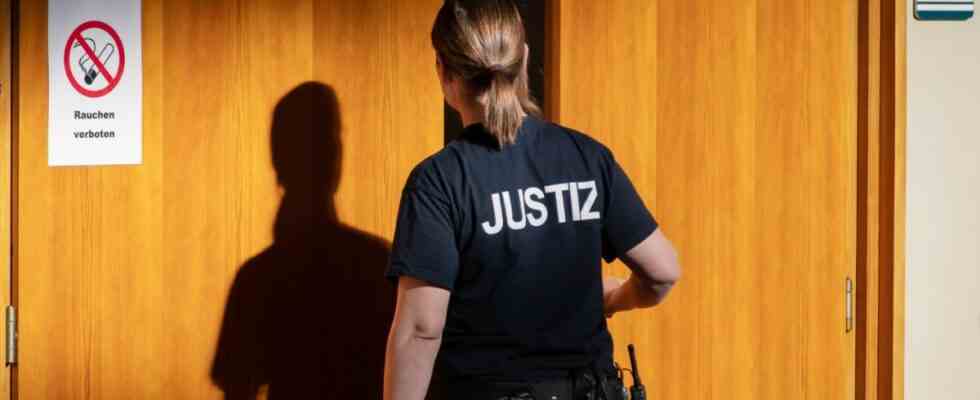justice
:
“Youth rights are not just cuddly pedagogics”
Reading time: 5 mins
Open detailed view
When young people have to do with the judiciary, different rules have applied for 100 years than for adults.
(Photo: Friso Gentsch/dpa)
For the past 100 years, educational measures have been at the forefront of sentencing young offenders. According to Ludwig Kretzschmar, head of the juvenile court at Munich District Court, this approach is successful in most cases. But he and his colleagues cannot avoid harsh penalties, especially in the case of intensive offenders.
Interviewed by
Daniela Bode, Munich
On February 16, 1923, the Reich Youth Court Act came into force. Instead of pure law, the perception of socio-educational tasks should henceforth be at the center of youth criminal law. It already contained the main features of the Youth Courts Act (JGG), which regulates youth criminal law today. Ludwig Kretzschmar has been a juvenile court judge for 20 years and is now head of the juvenile court at the district court in Munich. His department with 15 juvenile judges handles 4,000 to 5,000 cases from the city and district of Munich every year. The SZ spoke to him about the chances of success of educational measures and cases in which arrest and juvenile detention are nevertheless imposed.
SZ Plus subscribers also read:

love and partnership
“If we don’t solve the problem, a wall will come up”

love and partnership
“Men are obsessed with the fear of not being able to do it”

love and partnership
The silence after the bang

right-wing extremism
The woman who sabotages “Reichsbürger”.

love and partnership
»You can fix everything«

